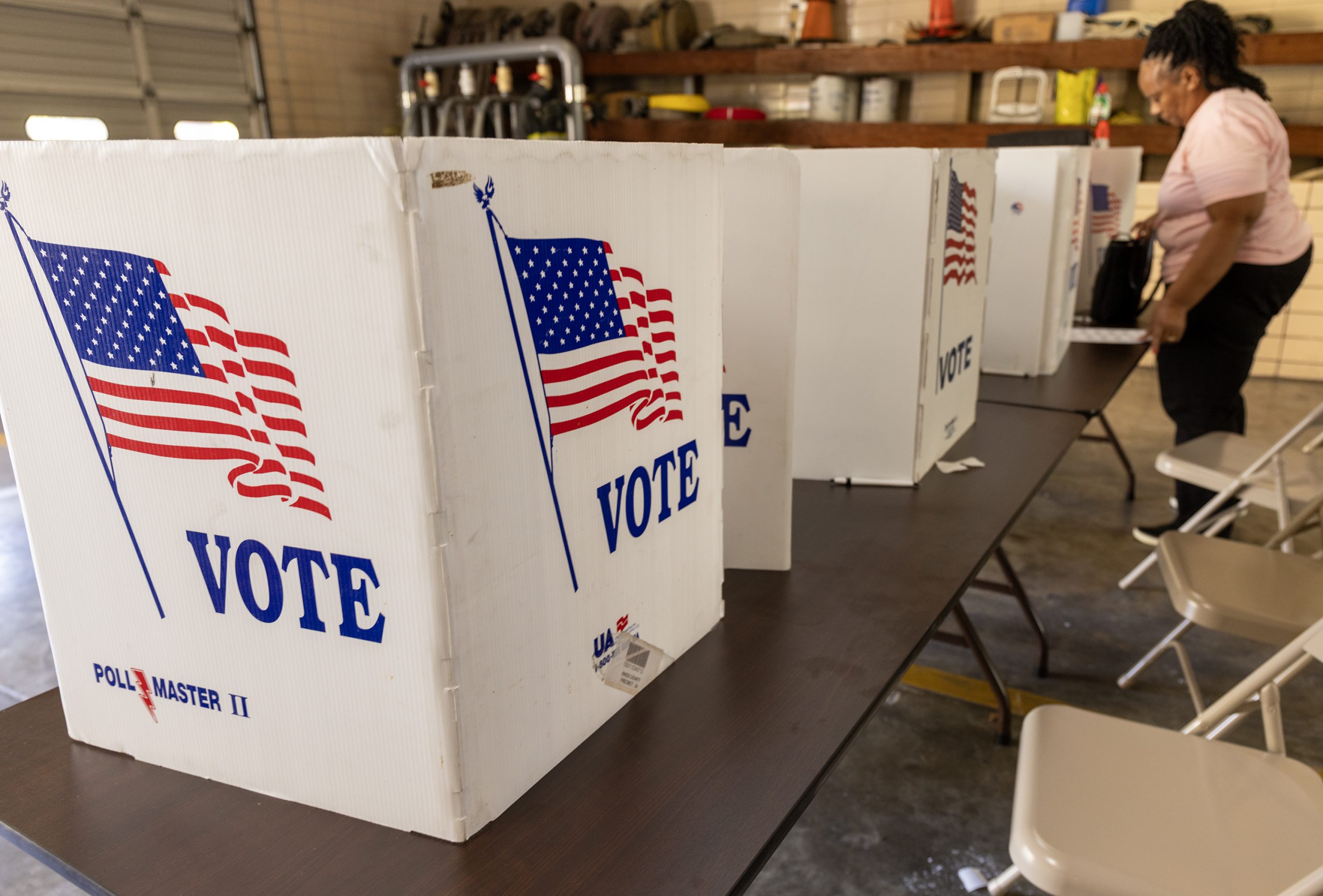A Mississippian’s vote for president carries more weight than the vote of a Californian or than the vote of a resident of most other states.
Mississippi, with just under 3 million people, has six electoral votes for president — or one for every 496,880 of its citizens. California, on the other hand, has 54 electoral votes for about 39.5 million people — or one for about every 732,190 of its citizens.
But both Mississippi and California pale in comparison to sparsely populated Wyoming in terms of the weight of its electoral votes. Wyoming, with 576,851 people, has three electoral votes, or one vote for 192,284 Wyoming residents.
The national average, based on the latest U.S. Census numbers, is 632,518 people for each of the nation’s 538 electoral votes.
Votes for president in America are not equal.
The weight of electoral votes is of relevance as the nation goes through the cycle of electing the next president. The presidential election is viewed as a national race, but in a real sense it is about 10 separate campaigns in what has become known as swing states or purple states.
Vice President Kamala Harris, the Democratic nominee, and former President Donald Trump, the Republican nominee, will spend significant time and attention campaigning in Georgia, Pennsylvania and a handful of other swing states, while paying little or no attention to Mississippi, California or most other states.
America’s founding fathers opted not to elect the president by popular votes but by what is known as the Electoral College.
In that process, each state has the number of electoral votes equal to its number of U.S. House members plus its two senators. For instance, Mississippi has four U.S. House members and the two senators. California has 52 U.S. House members plus its two senators.
The fact that each state has two senators is one of the primary reasons the electoral votes of less populous states carry more weight than the votes of more populous states like California and Texas.
In all but two states, all of the electoral votes go to the presidential candidate who wins the most votes in that state regardless of the margin of victory. Maine and Nebraska split their electoral votes. The two Senate electors go to the candidate who wins the most votes statewide in those two states. But a candidate gets one electoral vote for each congressional district won in Maine and Nebraska.
Nebraska, like Mississippi, is a solid Republican state. But because Nebraska does not have a winner-take-all Electoral College process, it is likely that Harris and Trump will spend more time in Nebraska’s 2nd District, considered a swing district, than in those much larger non-swing states.
The Electoral College was a compromise between the founding fathers who wanted the president to be elected via popular vote and those who wanted Congress to elect the president. And, like so many aspects of American history, the compromise had racial elements. The notorious Three-Fifths Compromise counted Black residents who could not vote as three-fifths of a person to benefit the Southern states, where a significant portion of the population was slaves. The Three-Fifths Compromise gave Southern states more representation in Congress and thus more representation in the Electoral College.
And to this day, it could be argued the Electoral College still discriminates against Black residents since many Southern states, including Mississippi, have higher percentages of Black citizens who are generally more prone to vote Democratic. Because of the Electoral College, those Black voters in the South have little influence since by wide margins Southern whites, who make up the majority, are more likely to vote Republican and swing the Southern’s states electoral votes to the Republican.
The Electoral College process is in the U.S. Constitution. To amend the Constitution and change the electoral process would be time consuming and burdensome.
But there is another process called the National Popular Vote Interstate Compact. Under the compact, the Electoral College process could be circumvented if legislatures in states with a majority of the of the electoral votes (270) pledged to give their electors to the candidate who won the popular vote.
The proposal has been filed in the Mississippi Legislature but has never been given serious consideration. Thus far 17 states with 207 electoral votes have agreed to the compact. It is not likely to pass anytime soon, though, because Republican-dominated states generally oppose the plan — at least in part because the Republican presidential candidate has lost the popular vote in five of the last six elections.
In 2020, Democrat Joe Biden won the popular vote by more than 7 million, but Trump would have won reelection if about 21,000 voters in a handful of swing states had voted for him instead of Biden.

